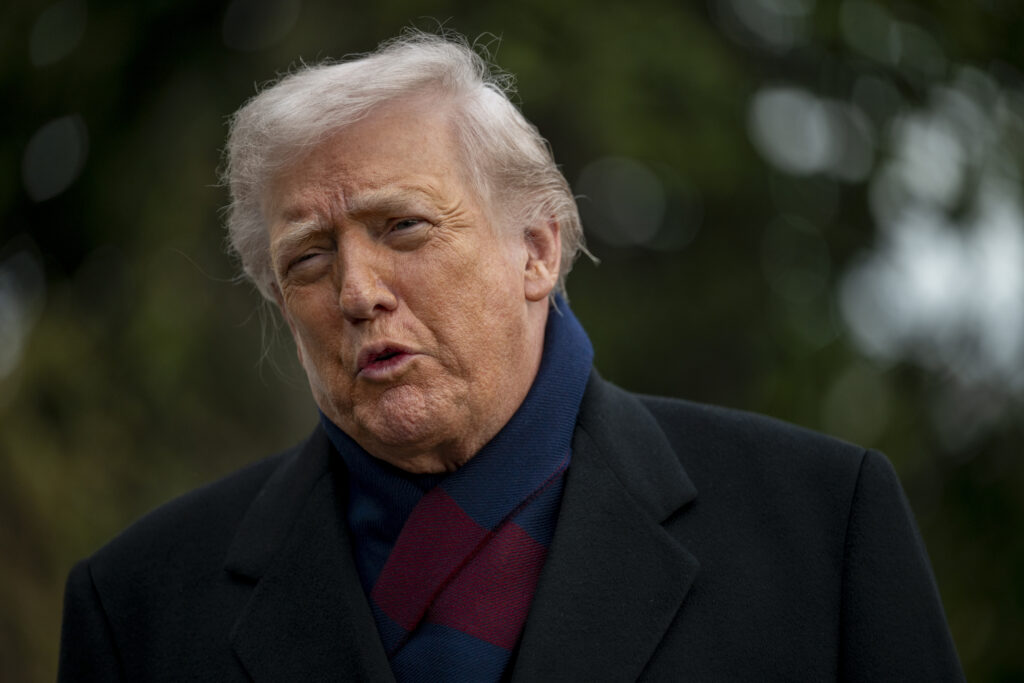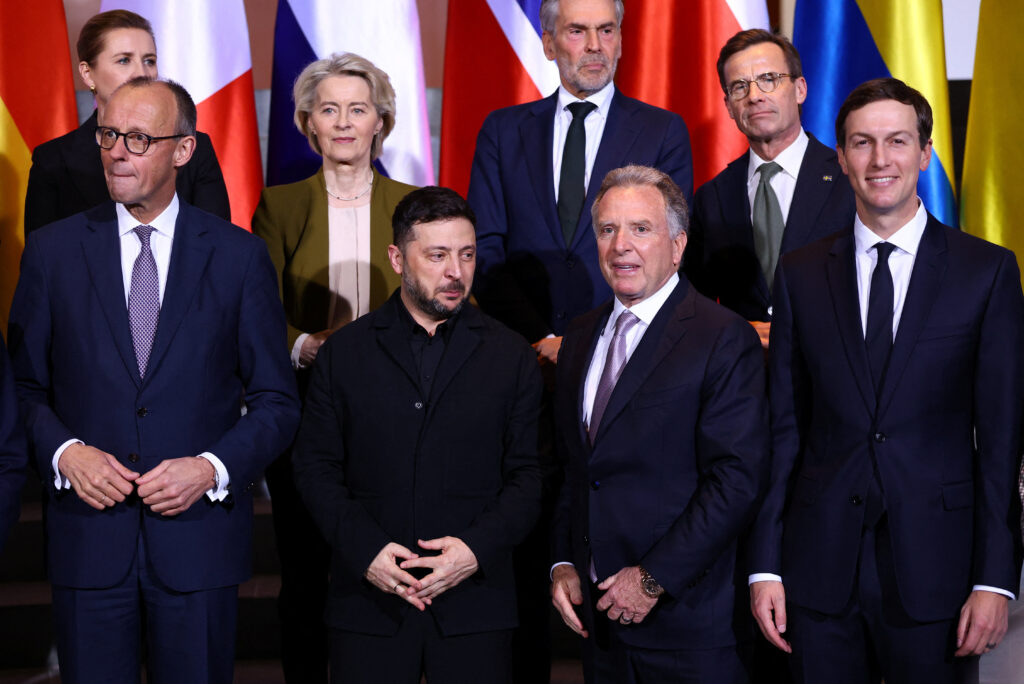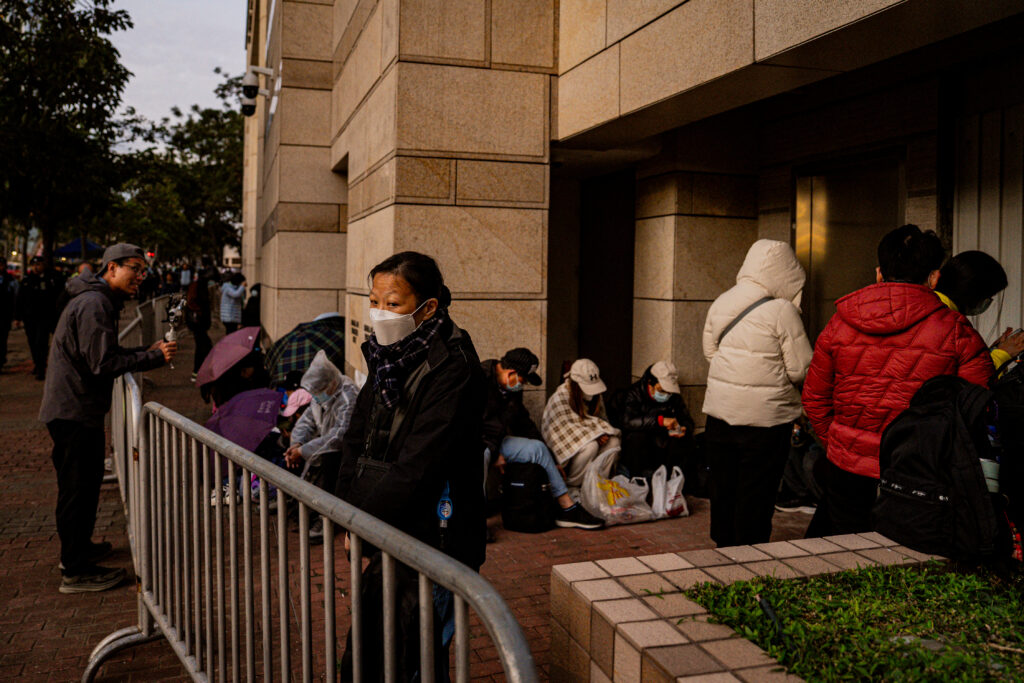Gunman still at large after shooting at elite US university
A gunman remained at large Monday after a weekend mass shooting at elite Brown University left two dead and nine wounded, with US authorities releasing new footage of a masked “person of interest” captured on surveillance cameras.The shooting took place Saturday in a building where exams were underway on the Ivy League campus in Providence, Rhode Island when a man with a rifle burst in and opened fire before fleeing.Authorities initially detained a man in connection with the shooting, but they later released him, saying he was unconnected.Police revealed at a Monday briefing newly acquired security camera footage of another person wanted in connection with the shooting, wearing a dark beanie hat and a mask along with a heavy black coat.The two students killed were Ella Cook, vice president of Brown’s Republican association, and Mukhammad Aziz Umurzokov, originally from Uzbekistan, who had hoped to become a neurosurgeon.- ‘Complex investigation’ -“We want to see the individual that pulled the trigger on these young kids identified, apprehended and brought the justice,” Rhode Island Governor Dan McKee told the briefing Monday as the perpetrator remained at large.Local police earlier said that officers had “an enhanced presence in Providence neighborhoods” and that they were going door to door requesting surveillance camera footage.”This is a very active investigation, very complex investigation,” Providence chief of police Oscar Perez said at the update.The FBI as well as agents from the US Department of Homeland Security were involved in tracking down the shooter, he added.”We want to make sure…that we identify this individual and bring them to justice,” Perez said.News that a person was being held indicated a breakthrough, with FBI Director Kash Patel announcing that local police had given federal investigations a lead.But authorities had to walk this back, saying late Sunday that there was not enough evidence to connect the person to the shooting.A lockdown and shelter-in-place order went into effect immediately after the shooting, as heavily armed officers flooded the area.Of the nine wounded, one was in critical condition, seven were in stable condition and one had been discharged, Smiley said.”The gun was so big and long that I genuinely thought…Okay, this is the end of the road for me,” Brown University teaching assistant Joseph Oduro told ABC News.Police initially released 10 seconds of footage of the suspect, seen from behind, walking briskly down a deserted street after apparently opening fire inside a first-floor classroom.”This is starting to get very real and very personal,” Smiley said Monday as the manhunt dragged on. “That’s the scary side. The upside is that this is a tight knit community that looks out for one another.”- Latest mass shooting -The attack is the latest incident of mass shooting in the United States, where attempts to restrict access to firearms face political deadlock.There have been more than 300 mass shootings in the United States so far this year, according to the Gun Violence Archive, which defines a mass shooting as four or more people shot.During a Christmas event Sunday at the White House, President Donald Trump spoke briefly about the shooting, saying “things can happen” and wishing the injured to “get well fast.”Brown, which has around 11,000 students, issued an emergency alert at 4:22 pm (2122 GMT) on Saturday reporting “an active shooter near Barus and Holley Engineering,” which is home to the engineering and physics departments. Two exams had been scheduled at the time.”Lock doors, silence phones and stay hidden until further notice,” the university said.Law enforcement and first responders swarmed the scene, with local news station WPRI reporting “clothing and blood on the sidewalk.”The deadliest school shooting in US history took place at Virginia Tech on April 16, 2007, when South Korean student Seung-Hui Cho killed 32 people and wounded 17 others before taking his own life.









